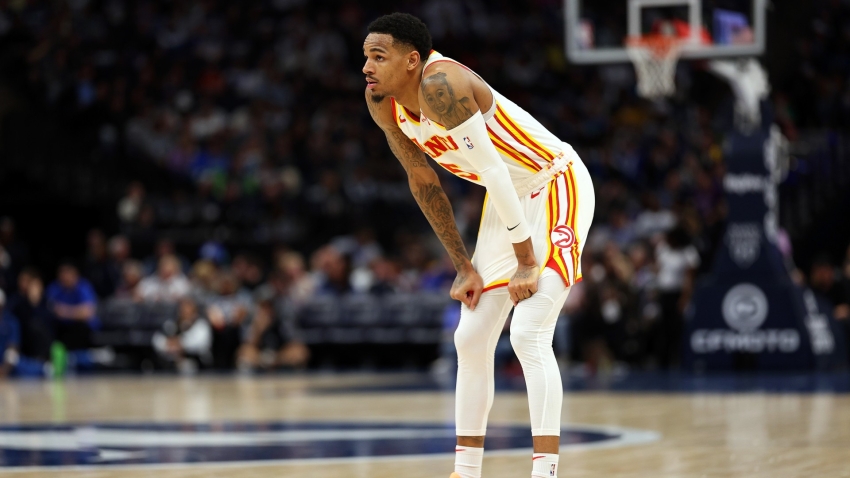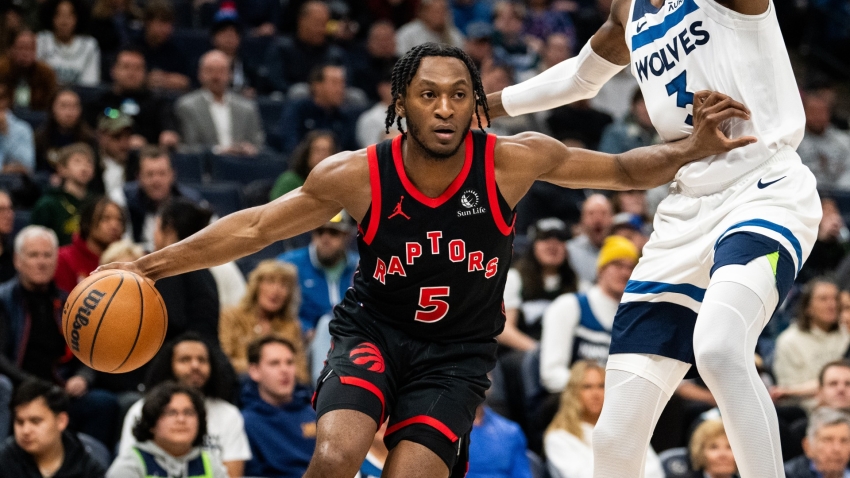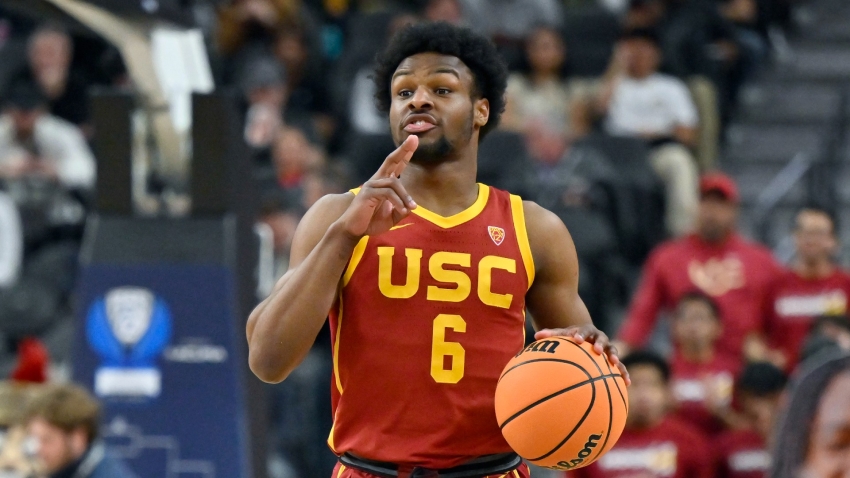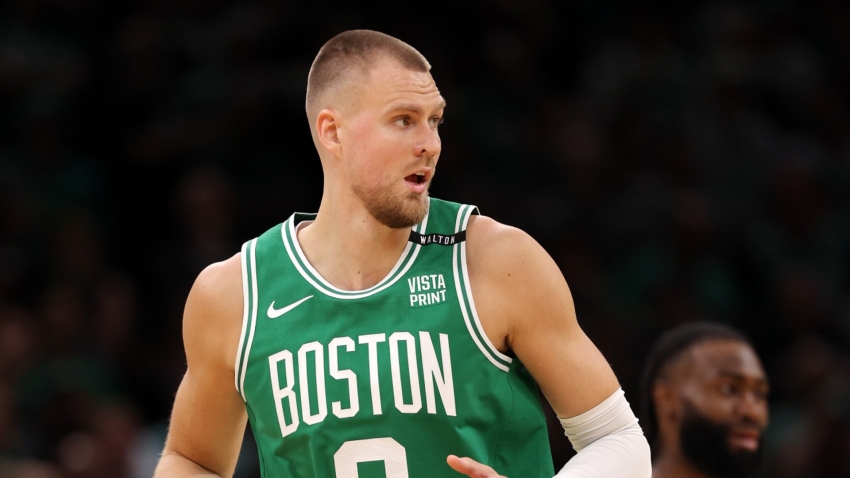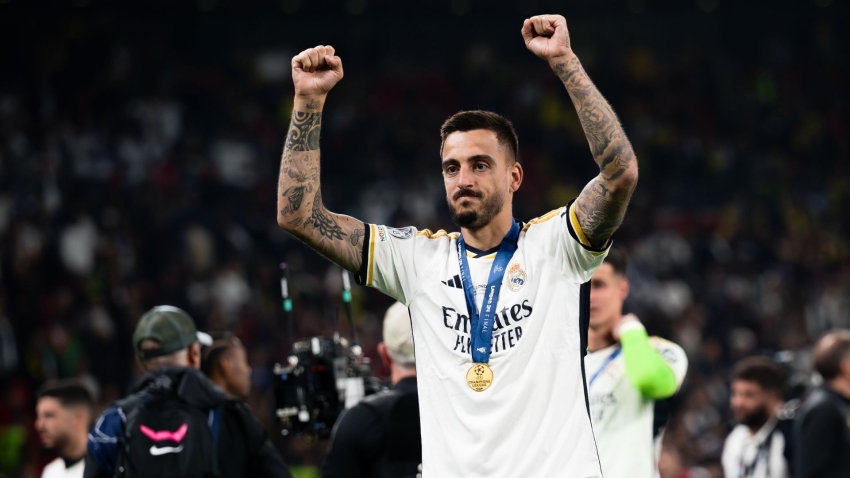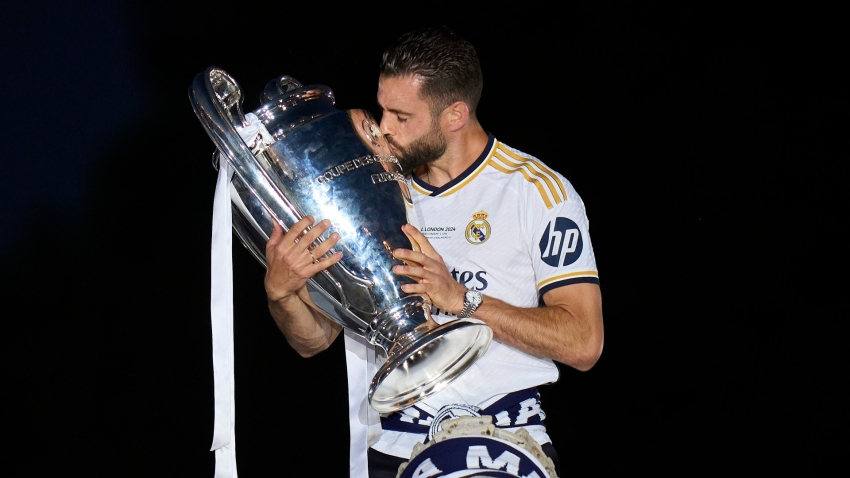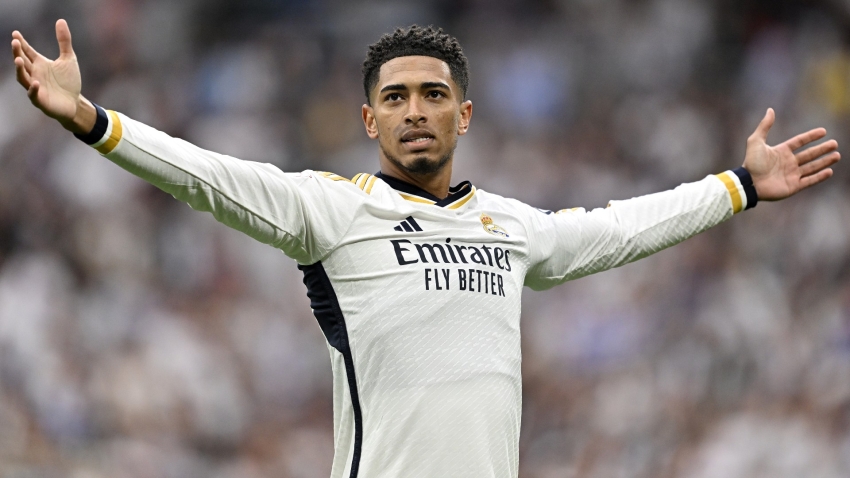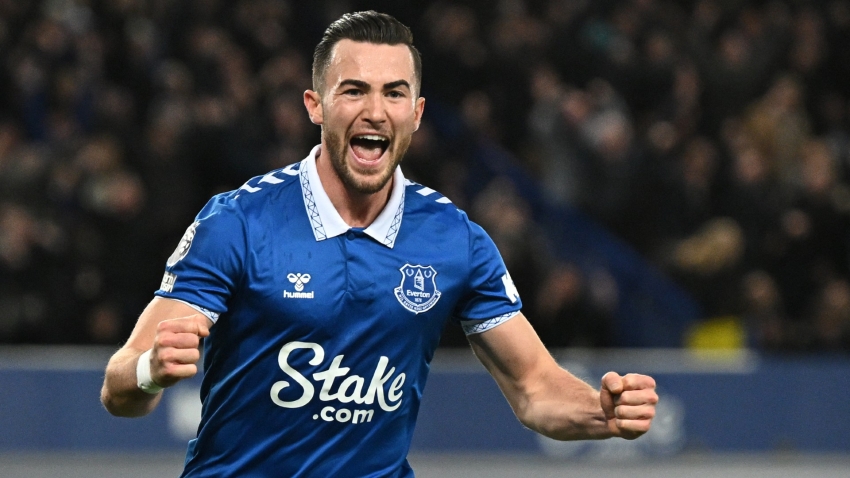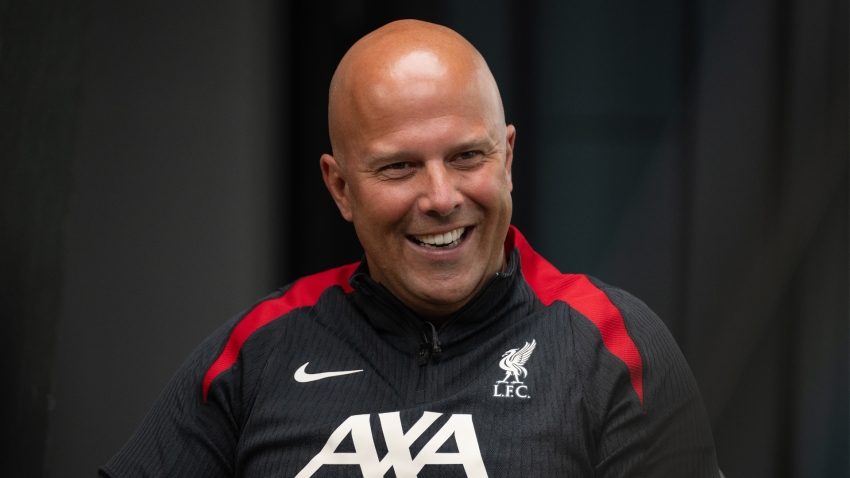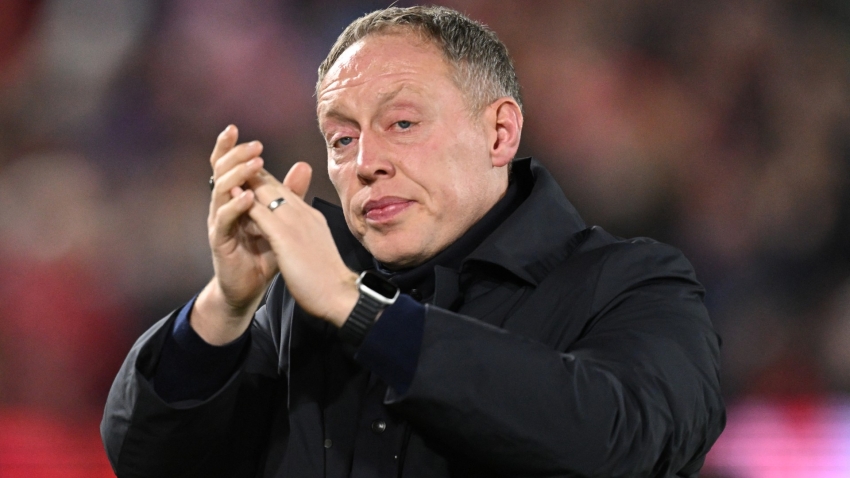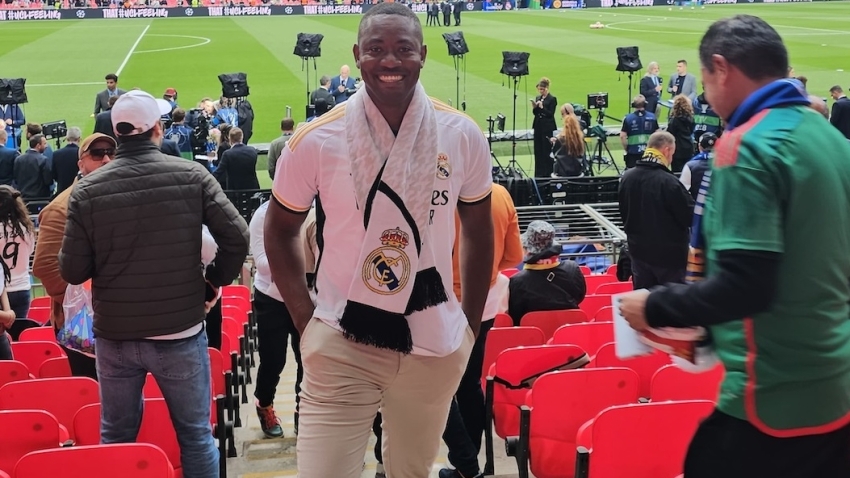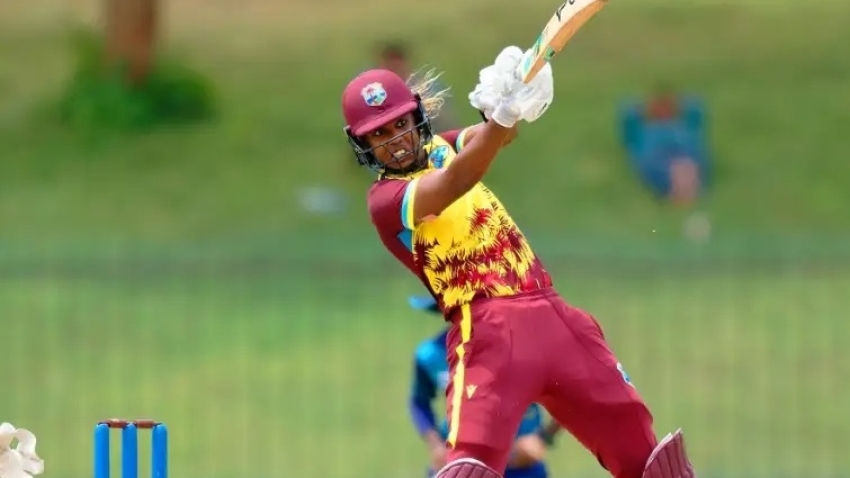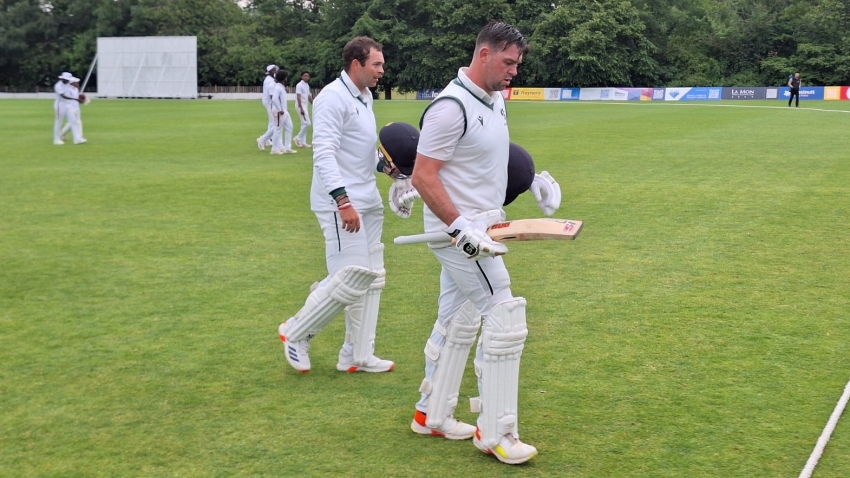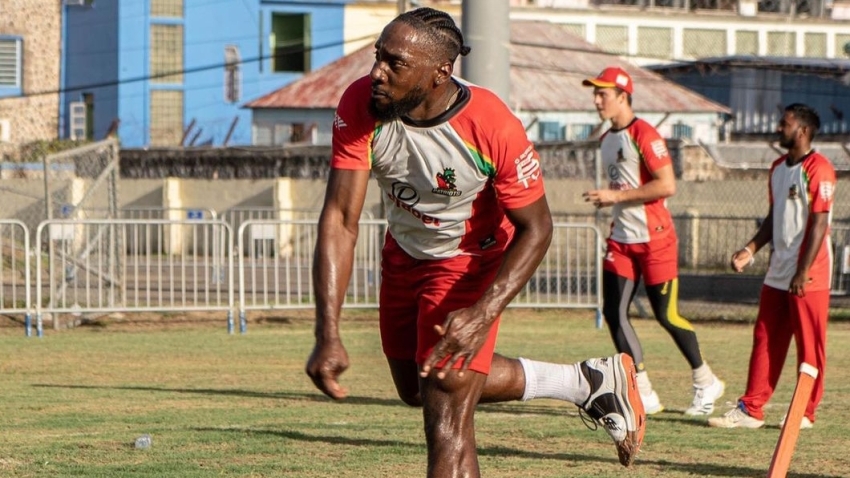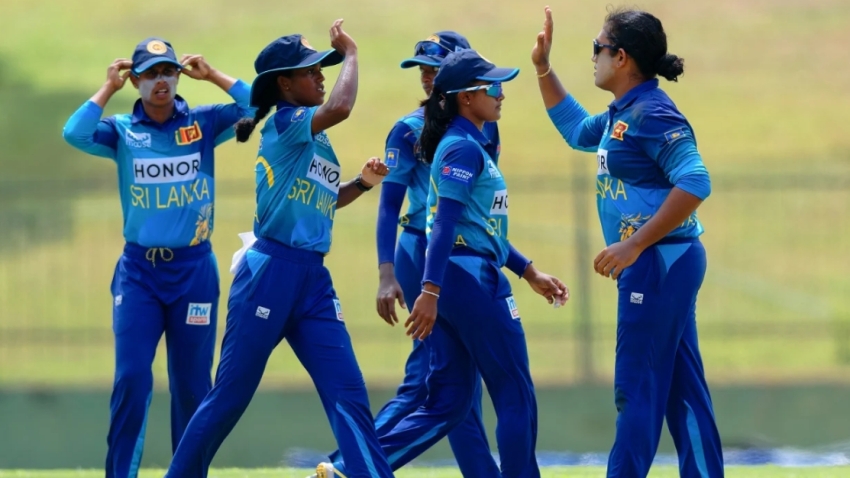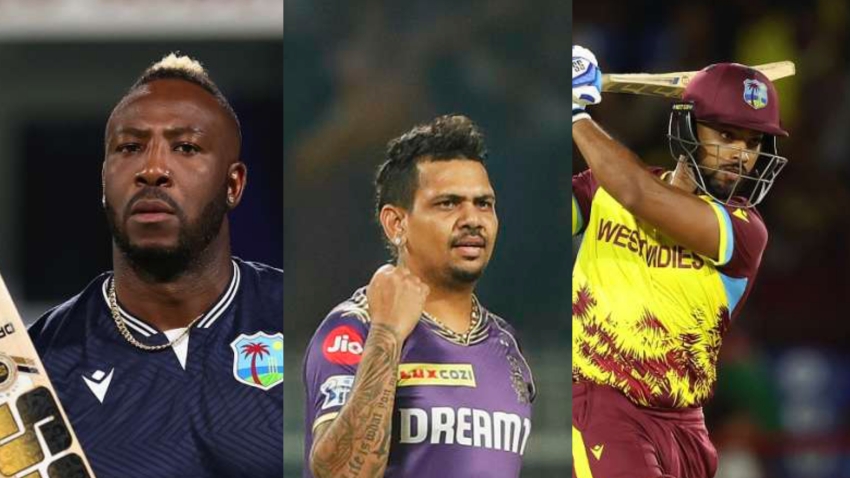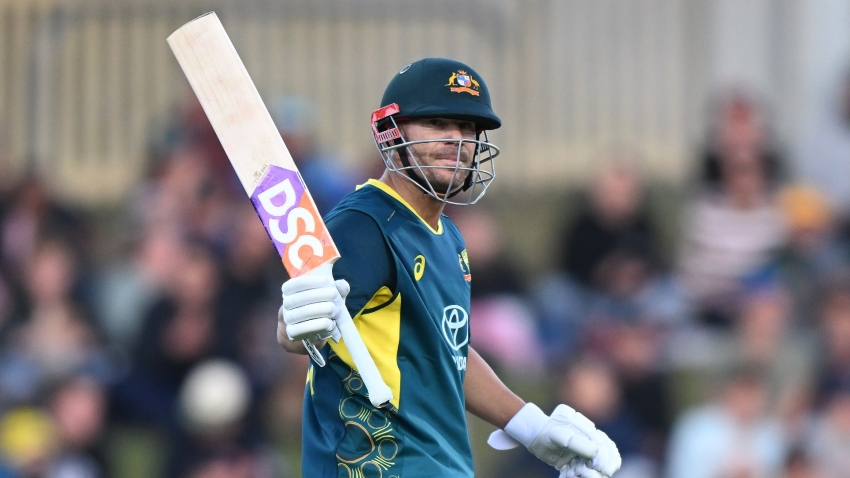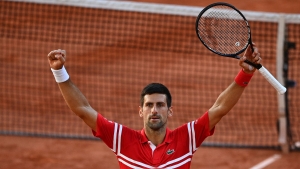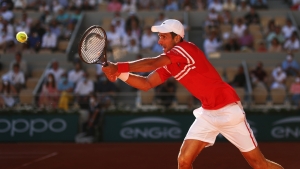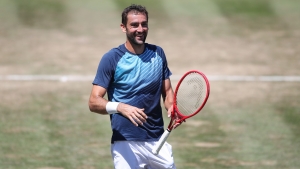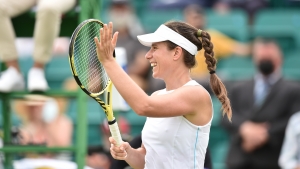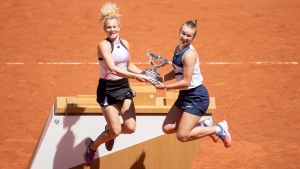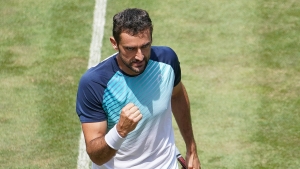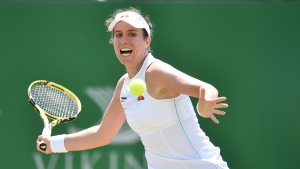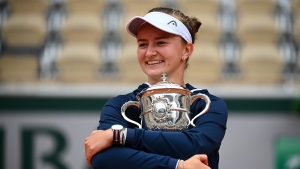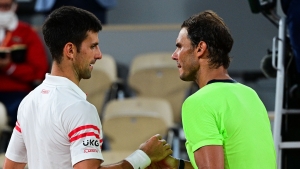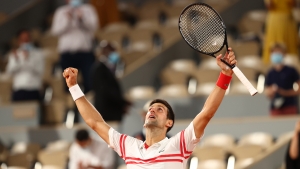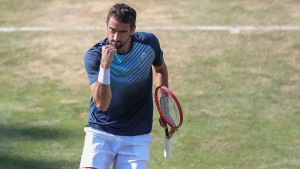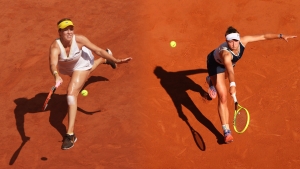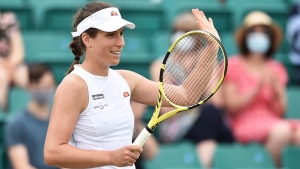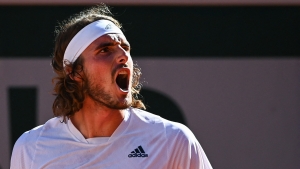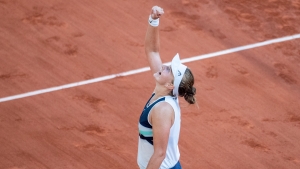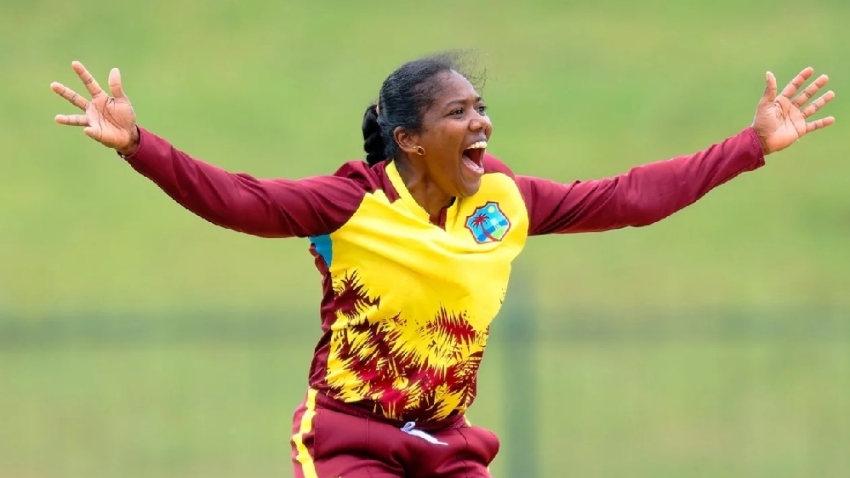A look to the sky, a wide smile, and a kiss. I did it, Jana. We did it.
Barbora Krejcikova is a grand slam singles champion, barely eight months after she first cracked the world's top 100, and the first instinct is to suggest this will be a one-off.
Ladies and gentlemen, a pandemic champion, an asterisk champion.
Jana Novotna, her former coach and mentor, who died in November 2017, won just one singles slam too, but she was a long-time force in the women's game. Indeed, Krejcikova left no doubt about her influence on Saturday's success.
But for those doubting Krejcikova's credentials, a little pause for thought.
Novotna won 14 of her 16 grand slam doubles titles before landing that elusive singles crown in 1998 at Wimbledon, and Krejcikova landed five doubles majors ahead of her own remarkable singles breakthrough.
Martina Navratilova, who handed Krejcikova the trophy, also won doubles titles at the French Open, Wimbledon and US Open before she ever landed a singles major.
This is, to some extent, a well-worn path by Czech players. So there is more nuance here. And stuff first instincts. Perhaps, like Novotna and Navratilova before her, this Czech player might he here to stay at the highest level.
The 25-year-old from Brno has joined the ranks of those few champions who have won grand slam singles, doubles and mixed doubles titles, and she will be up to 15th in the WTA rankings on Monday.
Krejcikova might be back at number one in the doubles rankings too, as she and partner Katerina Siniakova have a Roland Garros final on Sunday against Iga Swiatek – last year's singles champion – and Bethanie Mattek-Sands.
Win that, and Krejcikova will be on top of the world once more in the discipline where she has honed the tools that brought her glory at Anastasia Pavlyuchenkova's expense in what proved a thoroughly absorbing singles final.
The slices, the drop shots, the lobs and the net approaches, and the double-handed backhand that flits between being weapon and weakness: all those shots were honed in doubles, mostly alongside Siniakova.
Krejcikova spoke at the trophy presentation of her giddy amazement that Justine Henin, the four-time French Open winner, knew who she was when they bumped into each other behind the scenes in Paris.
Navratilova chipped in.
"In 2014, when you found out Jana moved back to Brno, you had the courage to go knock on her door and ask her for help. What gave you that courage?" asked the player who won 59 majors, including 18 singles slams.
Krejcikova's reply? "My mum."
Bravo Mrs Krejcikova.
Krejcikova has spoken often about Novotna but here she opened up to explain how she had spent so much time with the great champion before her death.
Novotna had kept news of her cancer out of the public consciousness, but Krejcikova not only knew, she felt she owed her driving force to stay by her side throughout the illness.
"I was going through a really hard time when Jana was passing away," Krejcikova told the crowd.
"I was most of the time with her and I really wanted to experience this, because I thought this was going to make me really strong.
"And pretty much her last words were just, 'Enjoy and just try to win a grand slam'.
"I know that from somewhere she's looking after me and all of this, this two weeks, is pretty much because she's looking after me from up there.
"I just want to thank her. It was amazing I had a chance to meet her and she was such an inspiration to me. I just really miss her. I hope she's happy right now. I'm extremely happy."
Three mixed doubles titles – one with Nikola Mektic and two with Rajeev Ram – plus two women's doubles with Siniakova, and now a singles triumph.
Except we know Krejcikova does not feel alone on the court. She senses Novotna's guiding hand. This is a doubles partnership dressed up as a singles player.
Novotna, weeks after winning Wimbledon, her destiny ever since she wept on the shoulder of the Duchess of Kent after losing to Steffi Graf in the 1993 final, shed some light on what it meant for her.
"I felt enormous relief and I felt that now it seems like this would be a new beginning for me," Novotna said.
This is a new beginning for Krejcikova too. Never a factor in singles previously, she has properly arrived now. Like you always had to with Novotna, watch out for her at Wimbledon.


